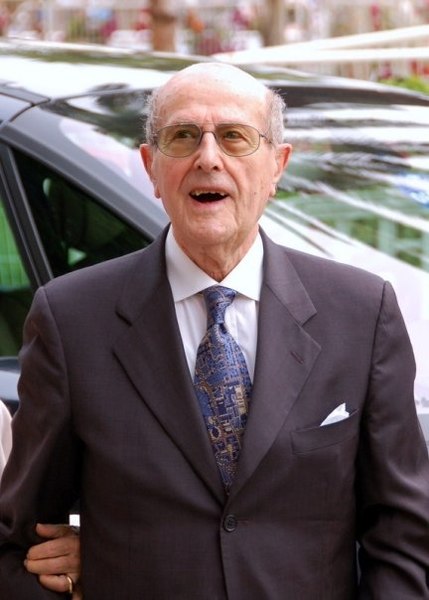The Cinema of Portugal started with the birth of the medium in the late 19th century. Cinema was introduced in Portugal in 1896 with the screening of foreign films and the first Portuguese film was Saída do Pessoal Operário da Fábrica Confiança, made in the same year. The first movie theater opened in 1904 and the first scripted Portuguese film was O Rapto de Uma Actriz (1907). The first all-talking sound film, A Severa, was made in 1931. Starting in 1933, with A Canção de Lisboa, the Golden Age would last the next two decades, with films such as O Pátio das Cantigas (1942) and A Menina da Rádio (1944). Aniki-Bóbó (1942), Manoel de Oliveira's first feature film, marked a milestone, with a realist style predating Italian neorealism by a few years. In the 1950s the industry stagnated. The early 1960s saw the birth of the Cinema Novo movement, showing realism in film, in the vein of Italian neorealism and the French New Wave, with films like Dom Roberto (1962) and Os Verdes Anos (1963). The movement became particularly relevant after the Carnation Revolution of 1974. In 1989, João César Monteiro's Recordações da Casa Amarela won the Silver Lion at the Venice Film Festival and in 2009, João Salaviza's Arena won the Short Film Palme d'Or at the Cannes Film Festival. Several other Portuguese films have been in competition for major film awards like the Palme d'Or and the Golden Bear. João Sete Sete (2006) was the first Portuguese animated feature film. Portuguese cinema is significantly supported by the State, with the government's Instituto do Cinema e do Audiovisual giving films financial support.

Saída do Pessoal da Fábrica Confiança, the first Portuguese film, by Aurélio Paz dos Reis
Manoel Cândido Pinto de Oliveira was a Portuguese film director and screenwriter born in Cedofeita, Porto. He first began making films in 1927, when he and some friends attempted to make a film about World War I. In 1931, he completed his first film Douro, Faina Fluvial, a documentary about his home city Porto made in the city-symphony genre. He made his feature film debut in 1942 with Aniki-Bóbó and continued to make shorts and documentaries for the next 30 years, gaining a minimal amount of recognition without being considered a major world film director.
Oliveira in 1991
Oliveira at the 48th Venice International Film Festival, 1991
Oliveira and Michel Piccoli at the 2001 Cannes Film festival
Oliveira at the 2001 Cannes Film Festival





